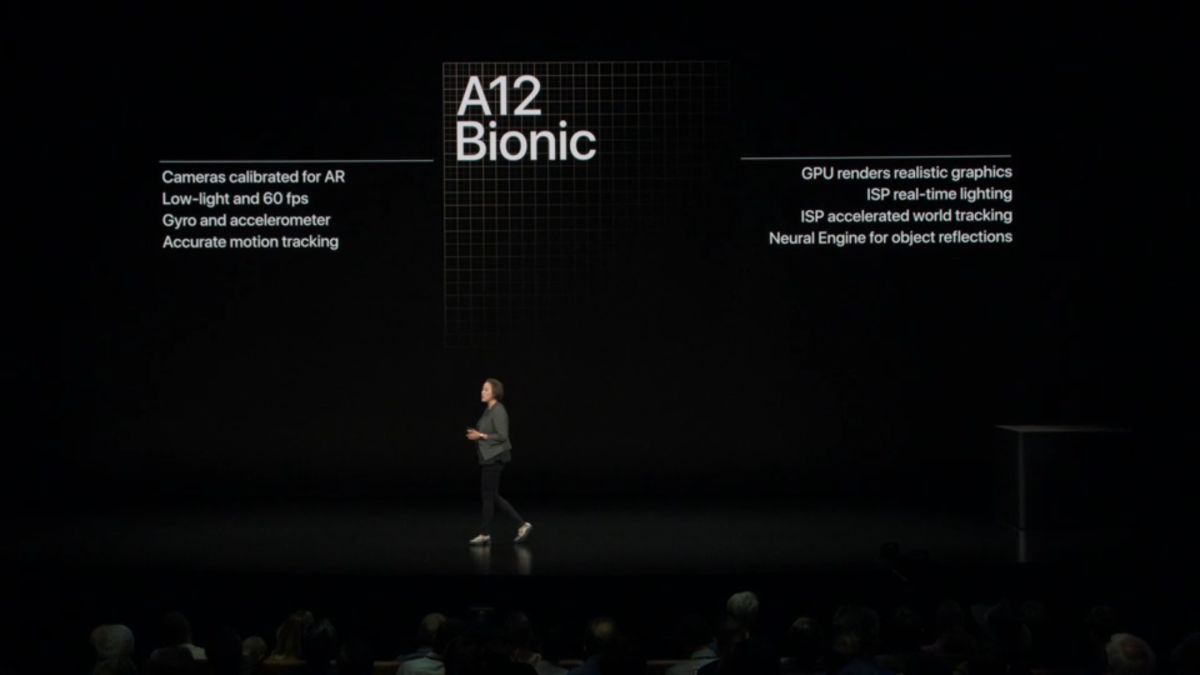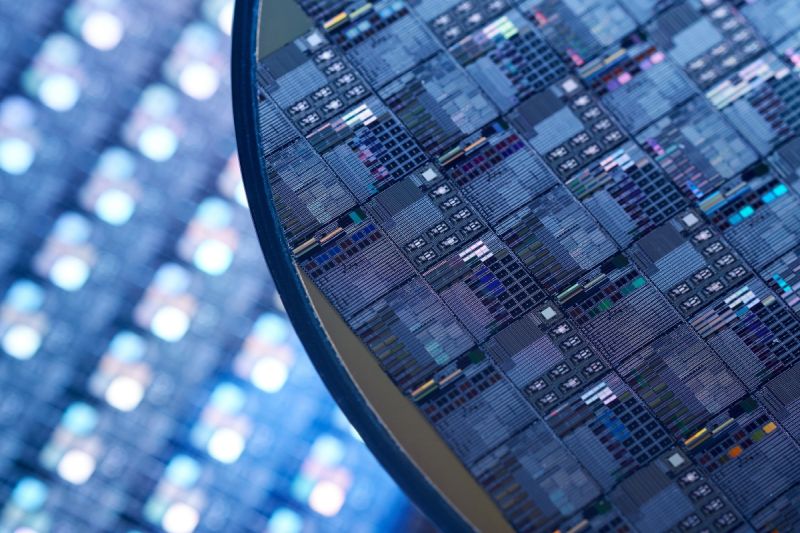Ever Huawei’s unveiling of its own 7nm SoC at IFA 2018 last year, the die lithography has been widely used in the manufacturing of the Qualcomm Snapdragon 855, Huawei’s Kiring 980, and Apple’s A12 Bionic. In regards to the latter, word has it that Apple’s next A13 chipset will be based on a new and improved version of the 7nm processor.
Improvements upon the 7nm SoC will reportedly be done by TSMC, who also happens to be the provider of the current 7nm manufacturing process for Qualcomm and Apple. Specifically, upgrading the process node will involve the use of extreme ultraviolet lithography (EUV). This process has been dubbed by TSMC as N7+.
In the case of Apple, the brand’s yet to be released A13 SoC will be using a similarly enhanced version of the process. Instead of N7+, however, the A13’s process will be known simply as the N7 Pro. Naming conventions aside, both processes will undoubtedly feature improvement over its predecessor. Including better performance and power consumption.

When TSMC intends to begin production of the new N7+ and N7 Pro chipsets are unclear as of yet. Speculation suggests that it will be soon though, especially if TSMC intends to have the new chipsets ready in time for the launch of the new Apple iPhone. Supposedly happening this September.
This isn’t the only design process that TSMC is currently dealing with. The semiconductor maker recently completed production of its new 5nm die lithography. However, mass production of this chipset isn’t expected to begin until 2020.
(Source: Techspot // Image: Techspot)
Follow us on Instagram, Facebook, Twitter or Telegram for more updates and breaking news.



